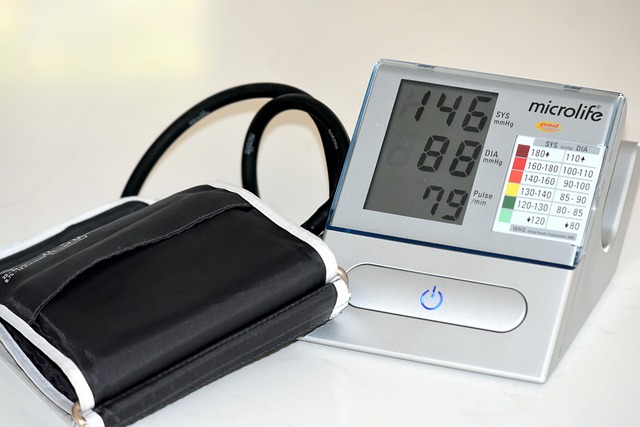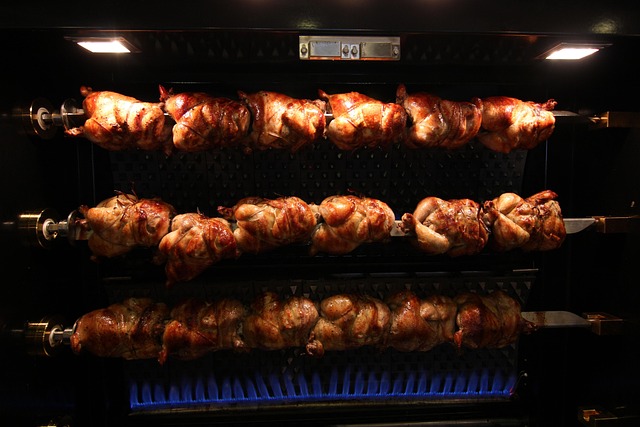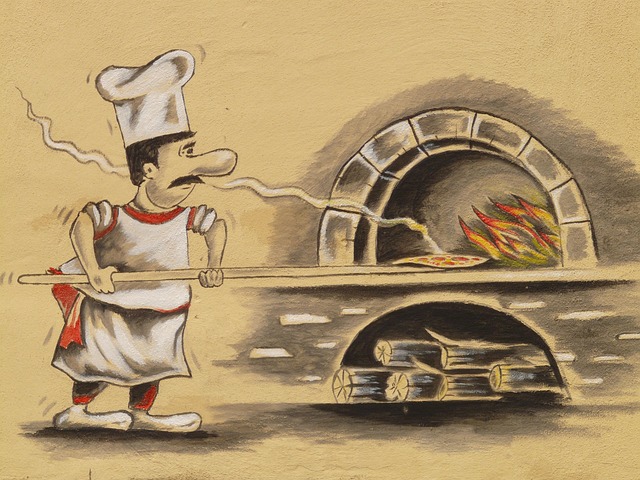
Barrett's Esophagus
Understanding Barrett's Esophagus
Barrett's esophagus sounds like a fancy dish you’d find on a gourmet restaurant menu, but it’s actually a medical condition that’s far less appetizing. In simple terms, it’s when the lining of your esophagus decides it wants to dress up like the lining of your intestine—talk about an identity crisis! This transformation can lead to more serious health concerns, particularly an increased risk of esophageal cancer. So, let’s dive into what this condition is all about, how it relates to GERD, and why monitoring is key.
What is Barrett's Esophagus?
Barrett's esophagus occurs when the cells lining the esophagus change to resemble those in the intestines. This condition is often a result of chronic gastroesophageal reflux disease (GERD), where stomach acid repeatedly flows back into the esophagus, causing irritation and damage. Think of it as your esophagus getting tired of the same old routine and deciding to reinvent itself—unfortunately, not in a good way.
Why Should You Care?
Here's the kicker: having Barrett's esophagus puts you at a higher risk for developing esophageal cancer. While not everyone with Barrett's will develop cancer, it's a risk that shouldn’t be ignored. Early detection and monitoring are crucial. If you're experiencing persistent heartburn, trouble swallowing, or if your symptoms seem to be getting worse, it’s time to chat with a healthcare professional. Remember, ignoring those symptoms won’t make them go away—trust me, they’re not like your ex who just keeps texting.
Symptoms to Watch For
So, how do you know if you might be dealing with Barrett's esophagus? Here are some signs to keep an eye on:
- Chronic Heartburn: If your heartburn lasts longer than a few days, it might be time to investigate.
- Difficulty Swallowing: If you feel like you’re trying to swallow a golf ball instead of food, it’s a red flag.
- New Symptoms: Weight loss or new swallowing issues should never be brushed off.
- Worsening Symptoms: If you’ve already been diagnosed and things are getting worse, don’t wait to seek help.
What Can You Do?
Prevention is better than cure, as the old saying goes. If you have GERD, managing it effectively can help prevent Barrett's esophagus from developing in the first place. This might involve lifestyle changes like:
- Eating smaller meals
- Avoiding trigger foods (sorry, spicy tacos)
- Staying upright after eating
- Quitting smoking (if you haven’t already)
Regular check-ups and monitoring are also essential if you’re at risk. Your doctor may recommend periodic endoscopies to keep an eye on any changes. Think of it as a spa day for your esophagus—minus the cucumber slices on your eyes.
Final Thoughts
Barrett's esophagus may not be a term you hear every day, but understanding it can make a significant difference in your health. If you experience any concerning symptoms, don’t hesitate to reach out to your healthcare provider. After all, your health is worth more than a few awkward conversations!

















 Nutshell Milton
Nutshell Milton 
 Health
Health  Fitness
Fitness  Lifestyle
Lifestyle  Tech
Tech  Travel
Travel  Food
Food  Education
Education  Parenting
Parenting  Career & Work
Career & Work  Hobbies
Hobbies  Wellness
Wellness  Beauty
Beauty  Cars
Cars  Art
Art  Science
Science  Culture
Culture  Books
Books  Music
Music  Movies
Movies  Gaming
Gaming  Sports
Sports  Nature
Nature  Home & Garden
Home & Garden  Business & Finance
Business & Finance  Relationships
Relationships  Pets
Pets  Shopping
Shopping  Mindset & Inspiration
Mindset & Inspiration  Environment
Environment  Gadgets
Gadgets  Politics
Politics 